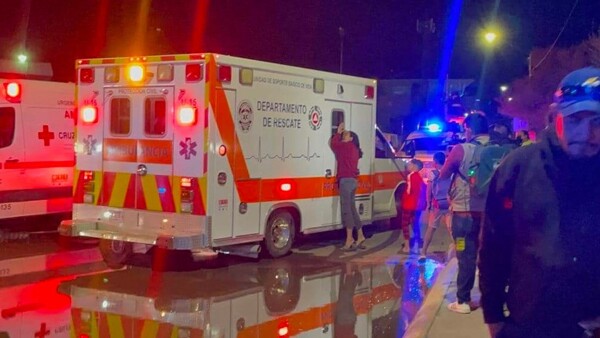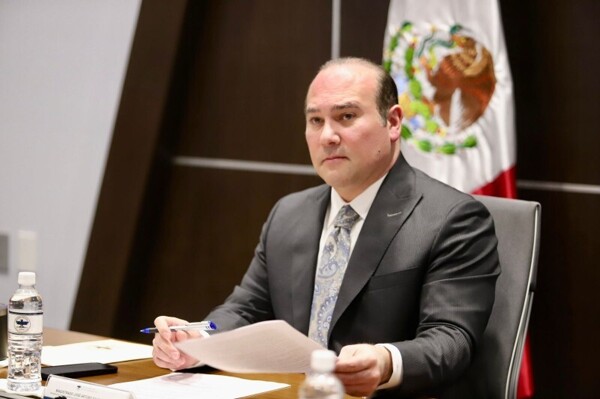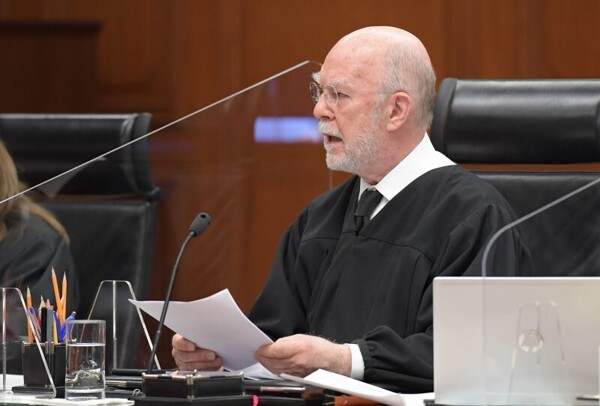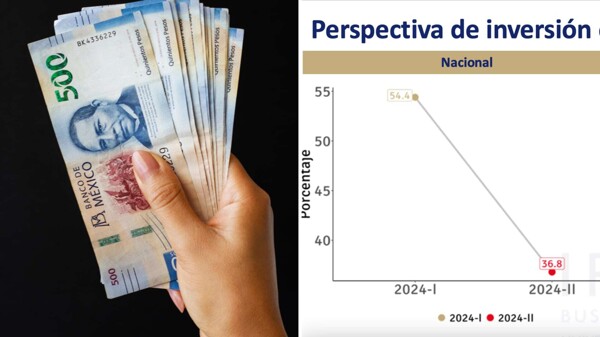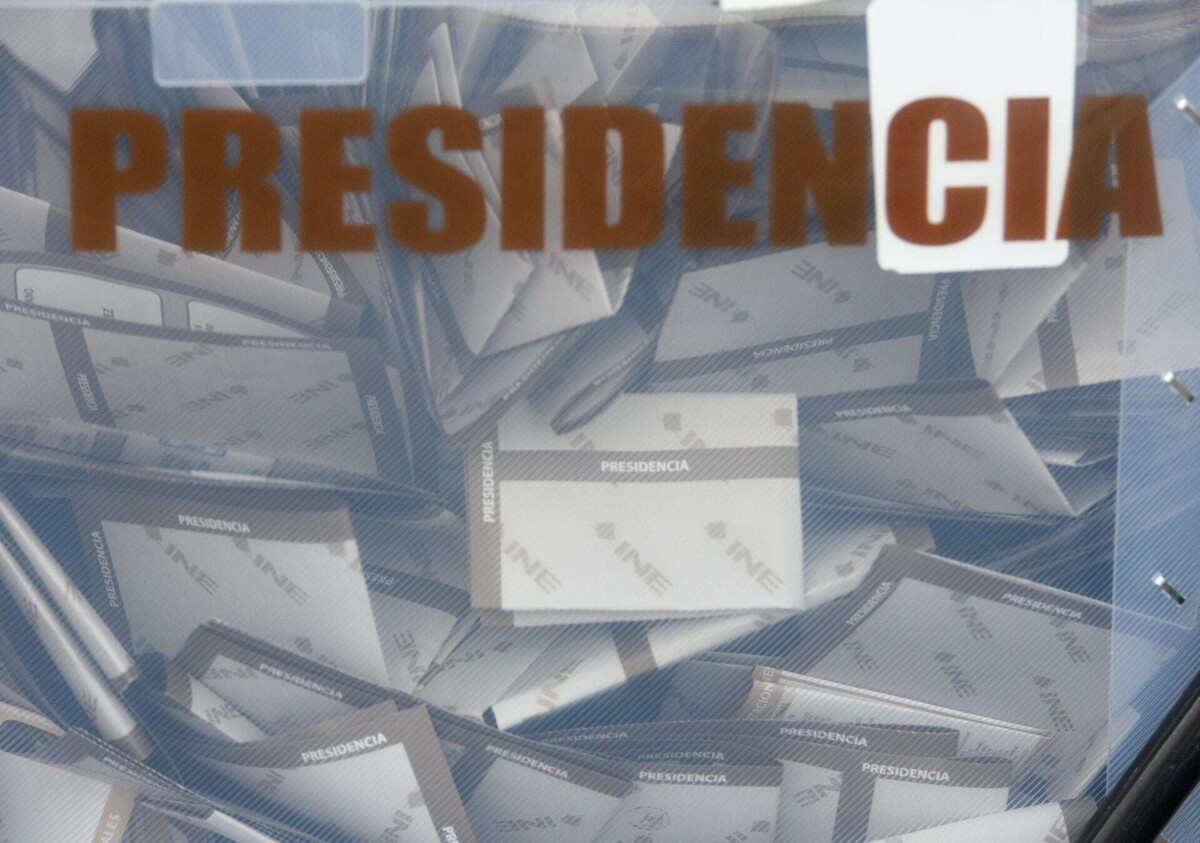
In Mexico, the current situation in the health sector is worsening due to the shortage of medications, poor quality of services, and urgent maintenance work. The autocratic stance of the president, by refusing to engage in dialogue with the opposition, reveals her arrogance and lack of understanding of the reality of the country.
Recently, the Senate approved initiatives from Morena to supposedly strengthen the Legislative Power over the Judicial, raising concerns about potential impacts on democracy. Violence and increased insecurity are intensifying with changes in command at the federal and local levels, influencing the relationships between criminal groups and authorities.
Actions against criminals by federal forces, along with cases of innocent civilians affected, highlight the militarization and complexity of the problem. The leadership of Morena and Congress, controlled by López Obrador, emphasize the autocratic tone present in the current government.
The economic outlook is not encouraging, with minimal growth projected for the next year and high financial commitments. The implementation of social programs, while commendable, puts pressure on already criticized public finances. Dependence on debt to sustain public spending creates an uncertain scenario.
Concerns focus on the deterioration of constitutional democracy in Mexico and the possible repercussions if the government's current actions persist. The need for a cohesive opposition and citizen involvement are seen as the path towards democratic recovery, avoiding the prolongation of the current crisis and the weakening of freedoms and the rule of law.











